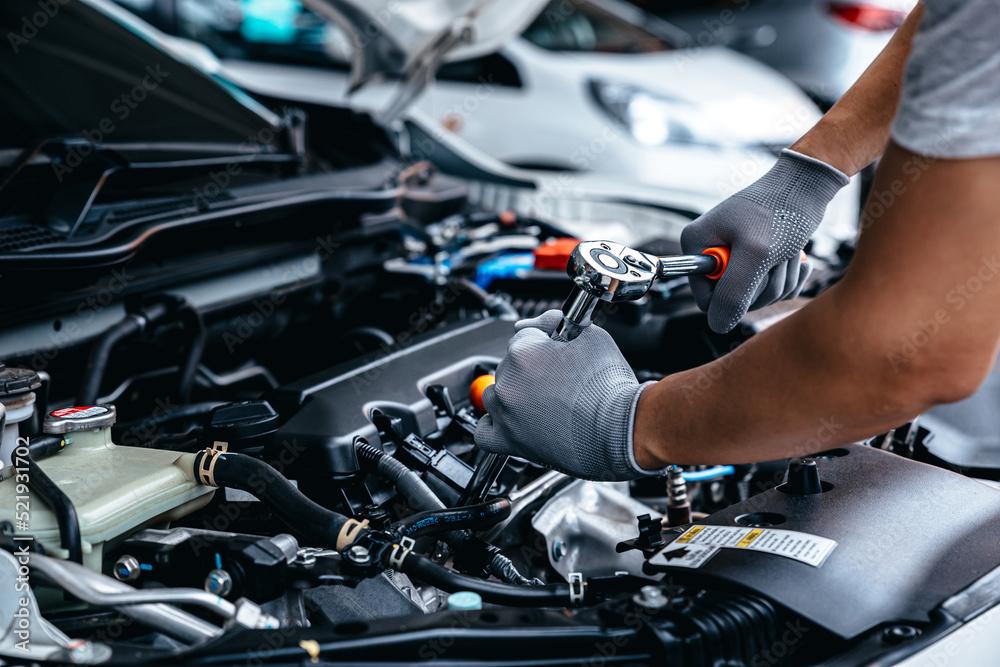Years ago, I bought a car engine off a local classified site—no warranty, no receipts, just a handshake and a slightly greasy smile. Two weeks later, I was elbow-deep in a seized motor and a thousand dollars poorer. Since then, I’ve picked up a few lessons the hard way, and if you’re looking for a used engine, I’m here to help you avoid those same potholes.
Check for Warning Signs Before You Commit
The moment you see a car engine for sale, slow down and start asking the right questions. It’s easy to get caught up in a good price, but a cheap engine isn’t a bargain if it dies in a month. Look for visible wear, strange smells (burnt oil is a red flag), and uneven grime. Ask about the engine's mileage, and if they hesitate or give vague answers, that's your sign to walk.
Don’t Skip the Paper Trail
Documentation can make or break a deal. A reliable seller should offer details like service records, VIN compatibility, and a clear warranty policy. I once walked away from an engine with perfect compression just because the seller couldn’t prove where it came from. Better safe than sorry when thousands of dollars are involved.
Know Where to Shop
Your best bet for peace of mind? Go through a certified auto parts dealer or a reputable online marketplace. These sources often inspect engines before listing them and may offer some kind of return policy. While junkyards and private sellers might have lower prices, the risk is often higher—unless you really know your stuff.
Ask for a Compression Test
Any legit seller should be willing to show you compression test results. This small detail tells you more about the engine’s health than anything else. I’ve turned down seemingly good engines after a compression test revealed uneven pressure—often a sign of internal damage.
Make Sure It Matches
This one seems basic, but it’s surprising how often it’s overlooked. Double-check that the engine is compatible with your vehicle’s make and model. Cross-reference engine codes and always verify with the manufacturer if in doubt. Installing an incompatible engine is a time-wasting, soul-draining mistake I’ve personally made—and won’t repeat.
Don’t Overlook the Extras
A solid used engine deal may also include accessories like the alternator, starter, or manifold. Sometimes, these bundled extras are worth hundreds on their own. Just make sure they’re functional and not just shiny junk bolted on to inflate the value.
Ask About the Engine’s History
Engines that come from wrecked cars can still be in good shape, depending on how they were hit. Ask if the engine came from a front-end, rear-end, or side collision vehicle. Rear-end collisions often leave the engine untouched, while front-end hits might cause unseen internal damage.
Shipping and Handling Details Matter
If you're buying online, ask how the engine will be shipped. Proper crating and handling are essential. A damaged oil pan or cracked mount caused by poor packaging can ruin what would’ve been a good deal. I’ve had engines arrive with snapped sensors just because they were thrown in a box with minimal protection.
Understand the Return Window
A return policy is not just a bonus—it’s a safety net. Sellers who trust their product will usually offer a 30–90 day window. Always check the fine print. Some returns only apply to uninstalled engines, while others cover labor costs too (rare, but gold if you find it).
Trust Your Gut
Sometimes, it comes down to instinct. If something feels off about the seller, the deal, or the engine itself—listen to that inner voice. I’ve walked away from seemingly perfect offers just because the vibe felt wrong, and I’ve never regretted it.

